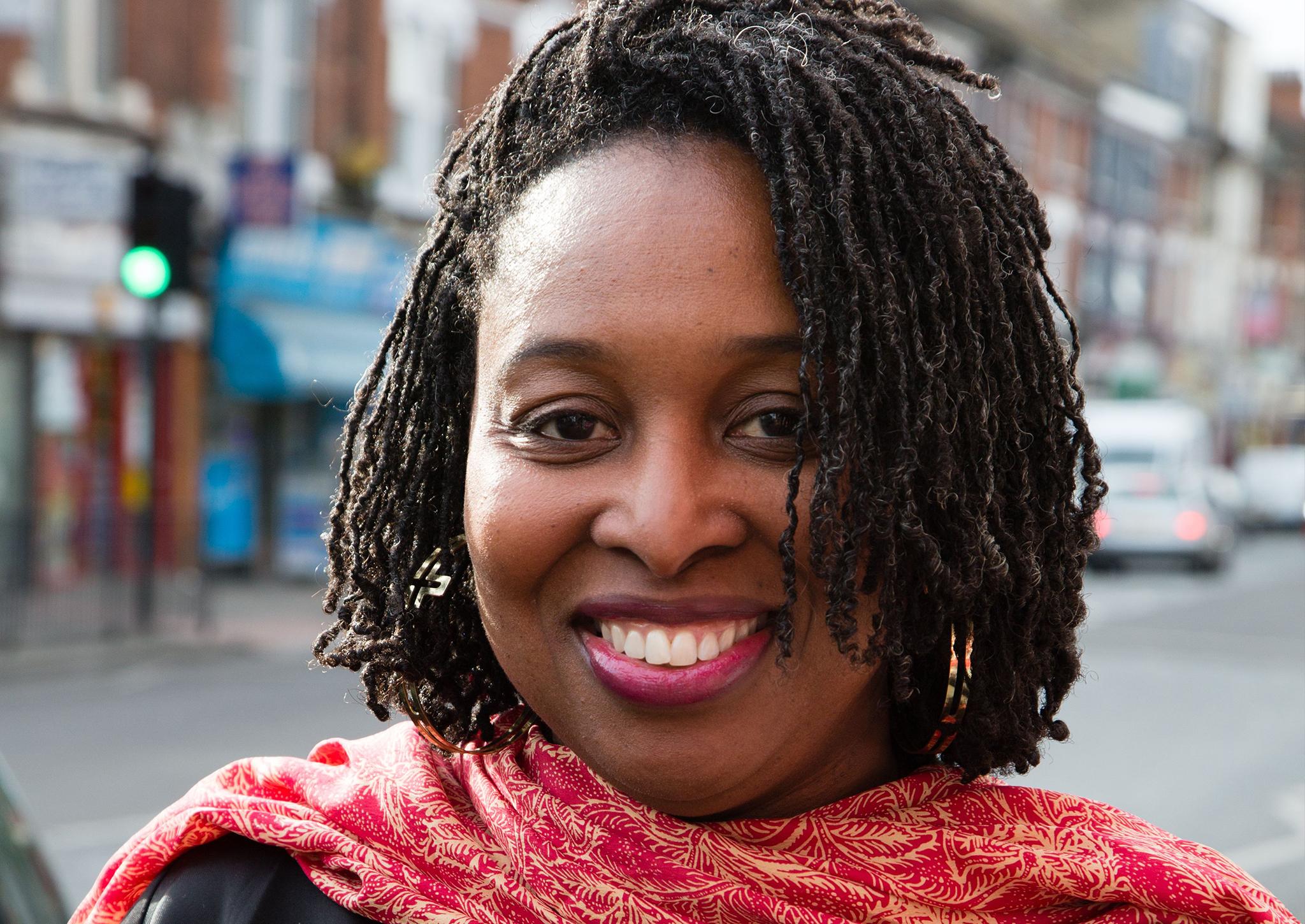British Sign Language: How an intricate system of gestures gave a voice to millions
Today's Google Doodle celebrates a vital means of communication as Britain's pupils return to school for the start of the autumn term
As Britain’s pupils return to school for the start of the new academic year, Google marks the occasion with a new Doodle paying tribute to British Sign Language (BSL).
BSL is a vital means of communication and expression that has enabled generations of young deaf and speech-impaired students in the UK to interact with their teachers and classmates.
But how was BSL first conceived and how has it developed?
BSL traces its origins back several centuries, although its early history remains little understood. Modern forms of the language developed in the 18th century. Thomas Braidwood (1715–1806), a maths teacher from Edinburgh opened Britain's first school for the deaf in the Scottish capital in 1760 and used sign language to help speechless pupils to communicate.
Braidwood’s Academy for the Deaf and Dumb initially had only one student, 10-year-old Charles Shirreff, the son of a local vintner who grew up to be a portrait painter. By 1780, Braidwood had 20 pupils on his books as the institution’s fame spread.
The great lexicographer Dr Samuel Johnson visited the school on his celebrated tour of the Highlands in October 1773 and recorded in his diary:
“There is one subject of philosophical curiosity in Edinburgh which no other city has to show; a College for the Deaf and Dumb, who are taught to speak, to read and to write, and to practise arithmetic, by a gentleman whose name is Braidwood. It was pleasing to see one of the most desperate of human calamities capable of so much help: whatever enlarges hope will exalt courage. After having seen the deaf taught arithmetic, who would be afraid to cultivate the Hebrides.”
In 1783, the founder moved with his family to Hackney to open a London branch on Mare Street. Thomas Braidwood's nephew Joseph Watson later succeeded him as the institution’s headmaster while all three of Braidwood’s daughters – Margaret, Elizabeth and Isabella – grew up to become teachers dedicated to those growing up with hearing loss or unable to speak.
The Braidwood schools were a triumph and their most famous graduates include astronomer John Goodricke, MP and governor of Barbados Francis Mackenzie, genealogist John Philip Wood and artist Thomas Arrowsmith.
Braidwood may not have invented BSL but he was a significant figure, recognising the particular needs of his pupils. He encouraged hand gestures and signing to communicate, rather than relying on lip reading.
Despite such advances, however, the road to BSL being officially recognised as a minority language in the UK has been a long one - that formal recognition did not come until 2003. Indeed, in the early and middle decades of the 20th century, BSL suffered setbacks as opponents claimed that deaf children who learned to sign were less likely to develop lip-reading skills. It was only in the 1970s and '80s that prevailling attitudes began to change once again.
Today BSL users are able to communicate as fluently and with as broad a vocabulary as those with the power of speech, accommodating a range of accents and dialects.

In March this year, Labour’s MP for Brent Central, Dawn Butler, became the first in history to ask a question in the House of Commons using sign language, calling on Theresa May’s Cabinet to give BSL legal status on behalf of Britain’s 900,000 hearing and speech-impaired citizens.
Update. An earlier version of this article referred to BSL as an "alphabet". We regret that over-simplification. 14/9/17
Bookmark popover
Removed from bookmarks